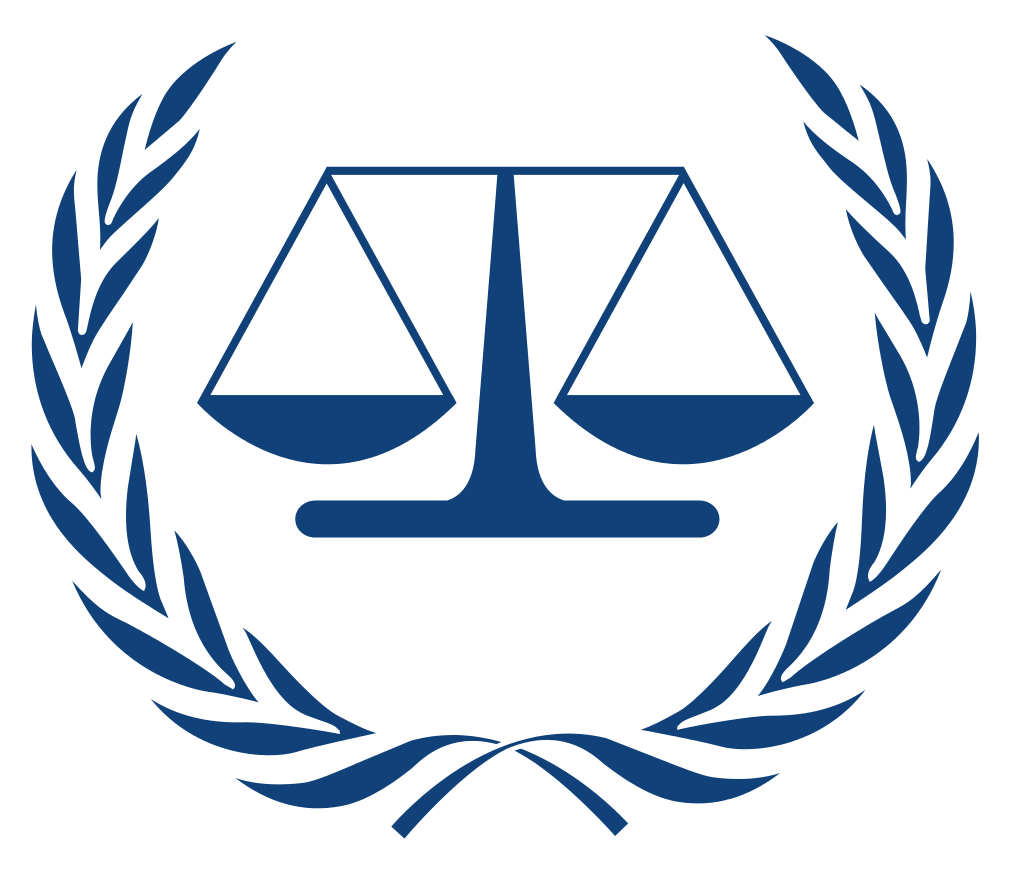
The US response to the International Criminal Court’s arrest warrants for Israeli Prime Minister Benjamin Netanyahu and former Defence Minister Yoav Gallant lays bare the truth behind long-standing accusations: it prioritises geopolitical gain over justice, cynically undermining the very principles of the Rules-Based Order it once professed to uphold.
The ICC’s decision, citing alleged war crimes in Gaza, has unleashed a tempest of diplomatic fury. While the UK and much of Europe, albeit reluctantly, recognise their legal obligations to support the ICC, bipartisan lawmakers across the Atlantic have vehemently denounced the warrants. Republicans, emboldened by their president’s re-election, have intensified their rhetoric, even threatening sanctions against nations that uphold international law over US-aligned foreign policy.
This response highlights a deeper, systemic issue: the US applies international law selectively, championing it when it serves its geopolitical objectives while turning a blind eye to violations by its allies. In Israel’s case, the US has consistently framed actions that breach international humanitarian law as legitimate self-defence, simultaneously undermining the credibility and impartiality of international institutions it purportedly supports when used to hold its adversaries accountable.
These actions are an outright betrayal of the foundational principles of the post-World War II Rules-Based International Order. This system, architected and championed by the US, was designed to ensure that global relations were governed by laws and norms rather than unchecked state power. By systematically eroding these principles, the US risks destabilising the very order it once sought to lead.
For the best part of a century, the US has eagerly portrayed itself as the staunch defender of the international rules-based order—from prosecuting Nazi war criminals at Nuremberg to supporting ICC investigations into war crimes in Bosnia, Rwanda, Sudan, and Russia’s atrocities in Ukraine. However, when it comes to Israel, similar violations are downplayed or excused. Civilian casualties in homes, hospitals, and schools are dismissed as the “tragic cost of combating terrorism.” Killings of medics and journalists are labelled “operational errors,” while starvation as a weapon of war is justified as a “necessary negotiation tactic.” Even systemic prisoner abuse is blamed on “rogue soldiers,” and human rights organisations documenting such crimes are derided as “misled” or “collaborators.”
The US’s rejection of the ICC’s jurisdiction over Israeli officials raises critical questions about the universality of human rights. Neither the US nor Israel is a signatory to the Rome Statute, yet both are bound by the Universal Declaration of Human Rights, a framework largely shaped by US leadership in 1948. By dismissing the ICC’s authority, the US not only undermines the court’s legitimacy but also weakens justice systems in regions where they are most needed. This brazen diplomatic hypocrisy isolates the US from a growing global consensus on accountability and justice, eroding its strategic alliances at a time when it is battling for influence against Russia and China.
The US now stands at a perilous crossroads: will it reaffirm its once unshakable commitment to the international legal framework that it helped build, or will it continue to enforce justice selectively, further shredding its credibility and leadership in global human rights? The stakes could not be higher, and the world is watching with unwavering scrutiny.
READ MORE
UK faces diplomatic crossroads amid ICC’s Netanyahu arrest warrants
Call for Justice: inhumane treatment of Fatema, UK’s disregard for Palestinian campaigners
Independent MP condemns UK’s double standards on Russia and Israel in powerful maiden speech
Media’s pro-Israel distorts Amsterdam football violence coverage
Ben & Jerry’s sues Unilever over Palestinian advocacy restrictions
Belgium’s Deputy PM calls for sanctions against Israel, urges EU action on settlement imports
US-made MK-84 bombs in Gaza may prove humanitarian law violations
More than 100 BBC staff accuse broadcaster of pro-Israel bias
Three in four people killed in Gaza war are women and children, reports UN
Qatar withdraws as mediator in Gaza negotiations amid rumours of Hamas exiting the Gulf state
Israel’s finance minister to push for West Bank annexation following Trump’s victory
CNN bans Ryan Girdusky after disturbing remark to Mehdi Hasan during debate